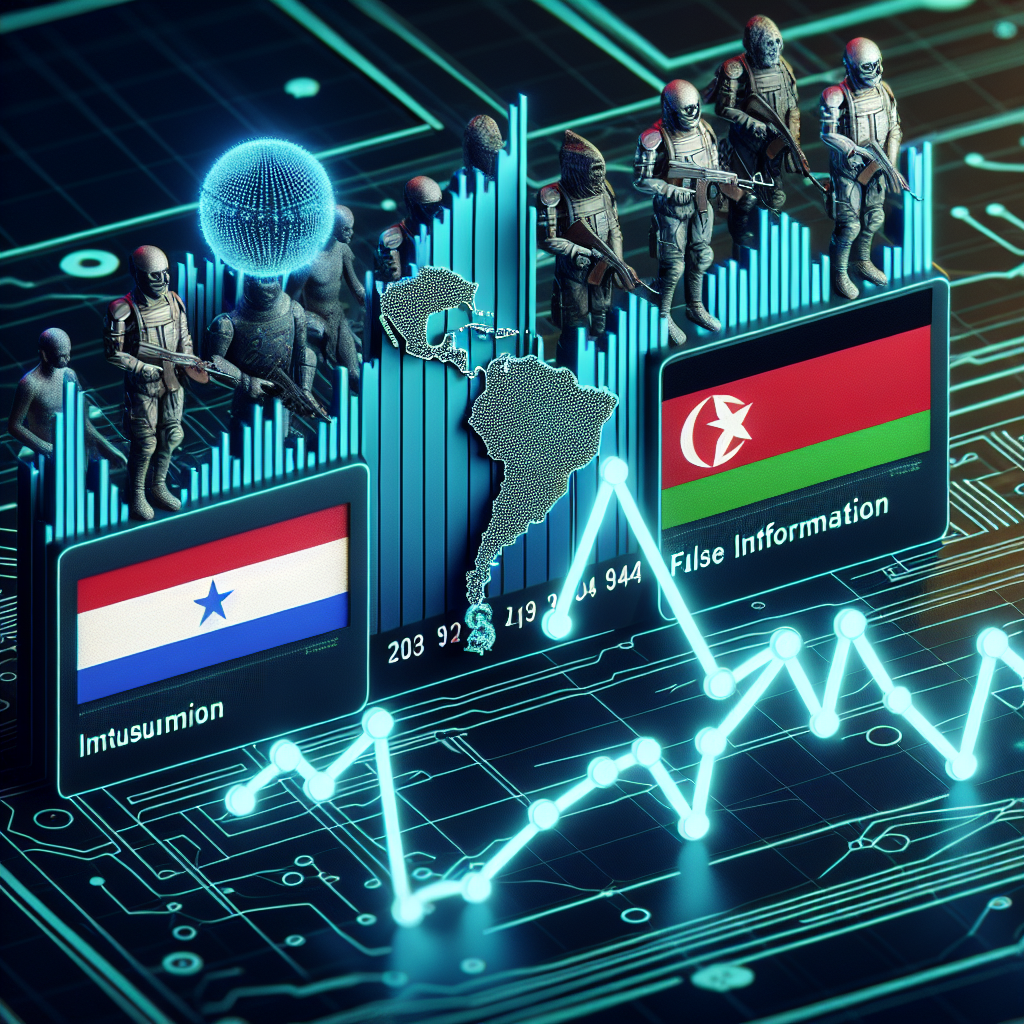The Rise of Fake AI Videos: A New Front in the Israel-Gaza Conflict
In the digital age, the proliferation of misinformation is nothing new. Yet, the rapid evolution and accessibility of artificial intelligence (AI) have given rise to a dangerous new trend: fake AI-generated videos. BBC Verify recently uncovered a startling development—fabricated AI content related to the Israel-Gaza conflict has garnered over 100 million views online, raising significant concerns about the role of misinformation during times of global crisis.
How AI-Generated Videos Are Misinforming the Masses
Fake videos created using AI technology appear increasingly realistic, making them harder to detect without thorough verification. These misleading visuals often depict fabricated scenes of conflict, manipulated interviews, or AI-generated voices impersonating real individuals. Because of their lifelike presentation, these videos are easily mistaken for authentic footage, spreading rapidly across social media platforms.
BBC Verify’s investigation has revealed:
- Dozens of viral fake videos created using advanced AI tools
- Combined reach of these videos exceeded 100 million views
- Videos appeared on platforms like Facebook, TikTok, YouTube, and X (formerly Twitter)
Why This Matters: Implications of Misinformation in Conflict Zones
Fake AI content poses a serious threat, especially during armed conflicts. In the case of the current Israel-Gaza war, these videos contribute to confusion, incite outrage, and can even influence public opinion or governmental policies. Verified falsehoods distort the narrative, making it more difficult for journalists, policymakers, and everyday people to discern the truth.
Impact on Public Perception
The sheer realism of AI-generated videos creates a dangerous feedback loop. When such content ‘goes viral,’ especially on emotionally charged topics like war, it may:
- Influence international sentiment and diplomatic approaches
- Stimulate disinformation campaigns from state and non-state actors
- Deepen division between communities and foster hostility
Trust in Media at Stake
With manipulation becoming more sophisticated, traditional and social media outlets face a growing challenge in regaining public trust. Audiences are becoming increasingly skeptical, and this erosion of faith in media sources can hinder efforts to disseminate factual information in critical moments.
How AI Fakes Are Made and Spread
Using commercially available AI tools, creators can generate hyper-realistic videos in a matter of minutes. Deepfake software, voice-cloning apps, and automated video generators have democratized the creation of synthetic content.
Platforms amplify these videos through algorithms that prioritize engagement rather than accuracy. Unfortunately, provocative or sensationalist content—including fake war footage—is far more likely to be shared and liked, boosting its visibility.
Role of Social Media Platforms
Social networks play a pivotal role in the virality and detection of these misleading videos. While major platforms claim to be taking steps to mitigate this issue, BBC Verify’s report suggests those efforts may be falling short.
Current platform shortcomings include:
- Ineffective detection algorithms for AI-manipulated media
- Inconsistent enforcement of misinformation policies
- Limited transparency in content moderation processes
Combating the Tide of AI-Generated Disinformation
Organizations and governments worldwide are beginning to respond to the challenges posed by AI-driven misinformation. Fact-checking initiatives like BBC Verify are essential to identify, debunk, and raise awareness of fake media.
How You Can Spot Fake AI Videos
To fight back against fake videos, digital literacy is key. Here are a few tips for identifying AI-generated or manipulated content:
- Look for inconsistencies: Odd lighting, unnatural facial movements, or mismatched lips and words
- Cross-check sources: Always validate with reputable news outlets before sharing
- Use verification tools: Platforms such as InVID, Google Lens, and reverse image search can help verify authenticity
Stronger Regulations on the Horizon?
As fake content becomes more prevalent and accessible, governments and regulatory bodies are evaluating how to govern AI. Proposals include:
- Mandatory labeling of AI-generated content
- Stricter content moderation requirements for platforms
- Sanctions for malicious actors spreading disinformation
The Road Ahead: Learning from the Present for a Safer Digital Future
The Israel-Gaza conflict has become a high-profile case study in the impact of AI video generation during crises. As we move deeper into this AI-powered era, it’s crucial for societies to adapt quickly. Misinformation will not vanish, but vigilance, media literacy, and technological countermeasures can help mitigate its influence.
In conclusion, the discovery by BBC Verify underscores the urgent need for collaborative global efforts to address the challenges posed by AI-generated content. The truth must remain a priority—even in the face of powerful technology capable of blurring the lines between reality and fabrication.



Leave a Reply